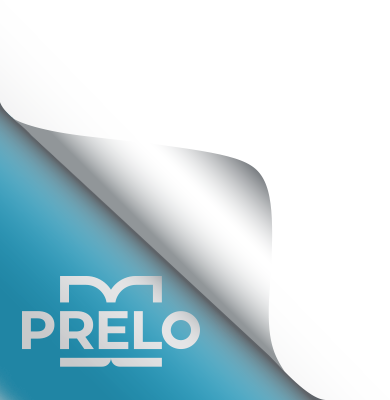Call for papers| RCL nº. 62 | "We are always the afterlife of others: a map for a pro-memory" (Closed)
We are always the afterlife of others: at every moment, parts of us metamorphose into the lives of others, just as our words do; images leave our bodies and become memories of other spirits.
Emanuele Coccia in “Being the world”
The relationship between image and memory is defining and intimate. Through the concept of screen memories, Freud (1963) describes memory as an image that is constituted at the moment memory is activated. Dubois (1992) sees the photographic image as the modern technological equivalent of memory (as a psychic activity). And Halbwachs (1993) describes memory as the selective reconstruction of images from the past driven by the demands of historical coherence in the present.
This issue proposes to explore the multidirectionality of memory (Rothberg, 2009) as a process materialised in the management and transformation of links between images. In particular, we propose to map methodologies and practices that, in the field of arts and research, problematise the definition of memory as a mediation of the past. More specifically, we are referring to methodologies and practices that deal with images that are separated (or "detached") from their origins - either because they are disconnected from those who produced them; or because those who handle them have no connection with the spaces or events they represent; or, finally, because they represent something that those who produce them cannot remember.
Based on the intimate relationship between image and memory, this dossier sets out to explore and map the theoretical field that lies beyond this relationship: that which is constituted by the intersection between memory and imagination.
This proposal is instigated by the search for new concepts to describe what we provisionally risk calling "pro-memory", a variation of "post-memory". If "post-memory" describes a relationship with the past that, even if not directly experienced, is reformulated as memory, "pro-memory" will try to account for the reformulation that projection (of oneself, of space, or of the present) - a process concretized by cinema and the moving image - operates on the constitution of memory. The idea of an "over-memory", an addition or a memory constituted as excess, could also be useful for thinking about and debating this movement of "projecting memory" (onto others, onto space and onto the present). This is about understanding to what extent working with the memories of others interferes with the constitution or definition of one's own memory process.
This issue intersects in the ongoing research of both publishers, which we point out here as examples of what we call "pro-memory". Sapeta Dias (2021) has been conducting her research on the basis of the TRAÇA project, which between 2015 and 2020 invited artists to work from archives of unknown home movies with which they had no relation or affinity from the outset. In the amateur films dealt with by Laranjeiro (2023), immigrants and children of immigrants stage themselves and project the places of their country of origin onto the landscapes of the suburbs of the Portuguese cities where they live. Starting from these two exemplary approaches, we will try to add others, in search of new conceptualisations that the theory of memory has become insufficient to comprise. From the outset, recent research that seeks to cross banzo with post-memory, or that, through experimental methodologies, seeks to activate sensory memories of a territory that a second generation (from war, emigration, slavery, among others) cannot access, or even artistic practices that have considered shamanism as an activator of the archive, will be important for the map that we want to build in this edition of RCL.
This issue therefore proposes to map, aggregate, debate and consolidate a set of disparate practices in a specific and new field, particularly suited to investigating the relationships that memory establishes with imagination. To this end, we are looking for contributions from different areas, such as digital media, cinema, performance, photography, but also gender studies, post-colonial studies or even ecology, since working in this new field requires looking at the ongoing change in perspective, i.e. literally, the change in the centre from which we look at images of the past.
We invite researchers and artists to submit articles or visual essays that contribute to mapping the field of a pro-memory, that is, the field of intersection between memory and imagination, where those who create from images of the past with which they have no relationship, move.
[NEW DEADLINE]
Full manuscript submission deadline: Jully 15, 2024
Review process: September to October 2024
Editors' decision: October 2024
Expected publication date: November 2024
Articles can be written in English, French, Spanish or Portuguese and will be blind peer reviewed. Visual essays will also be accepted. Formatting must be in accordance with the journal’s submission guidelines, and the submission must be made via the OJS platform.
Editors:
Inês Sapeta Dias - Universidade Nova de Lisboa, Instituto de História Contemporânea, Portugal isapeta@hotmail.com
Catarina Laranjeiro - Universidade Nova de Lisboa, Instituto de História Contemporânea, Portugal claranjeiro@fcsh.unl.pt
Guidelines for submission and instructions for authors: https://revistas.fcsh.unl.pt/rcl/about/submissions





